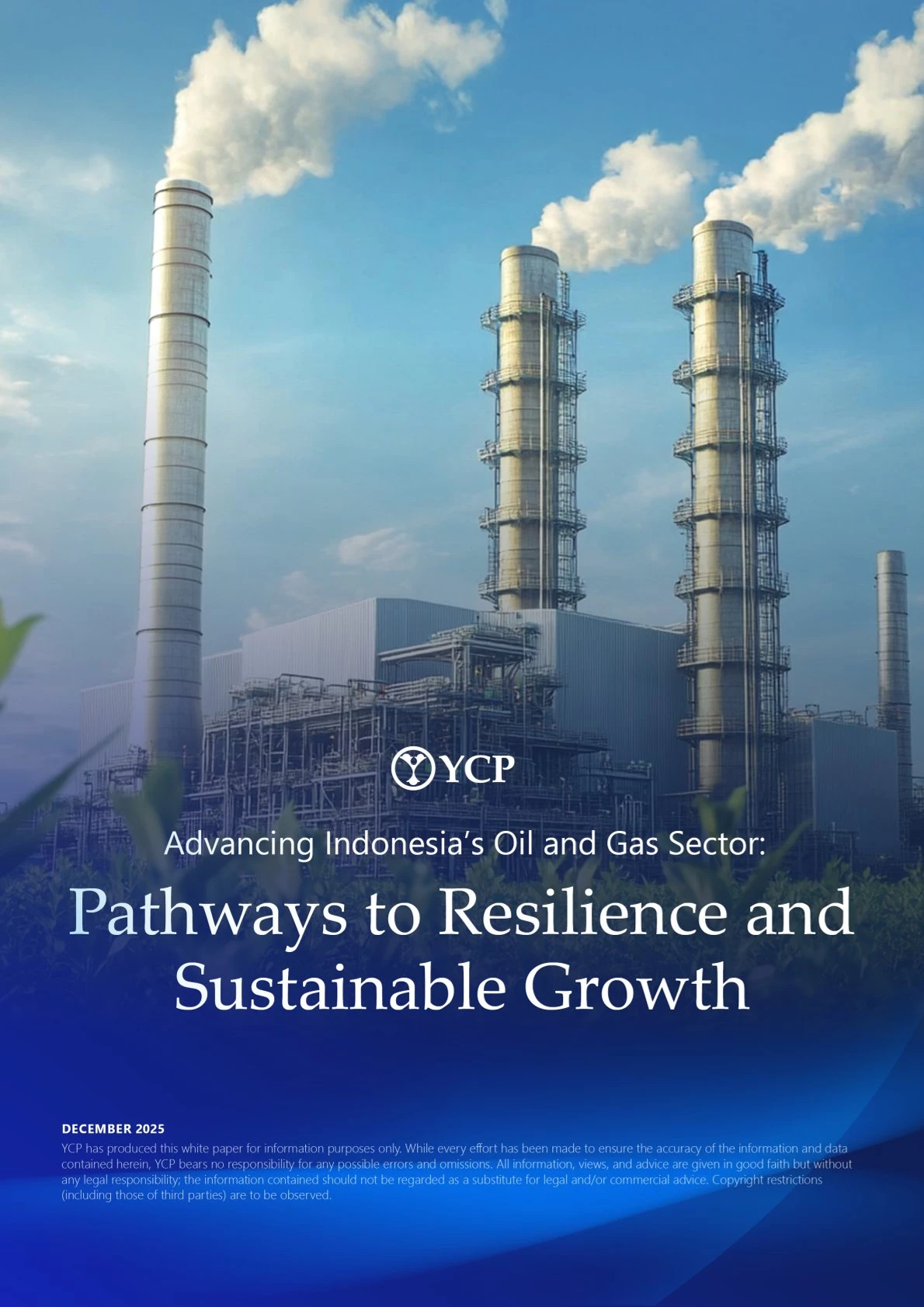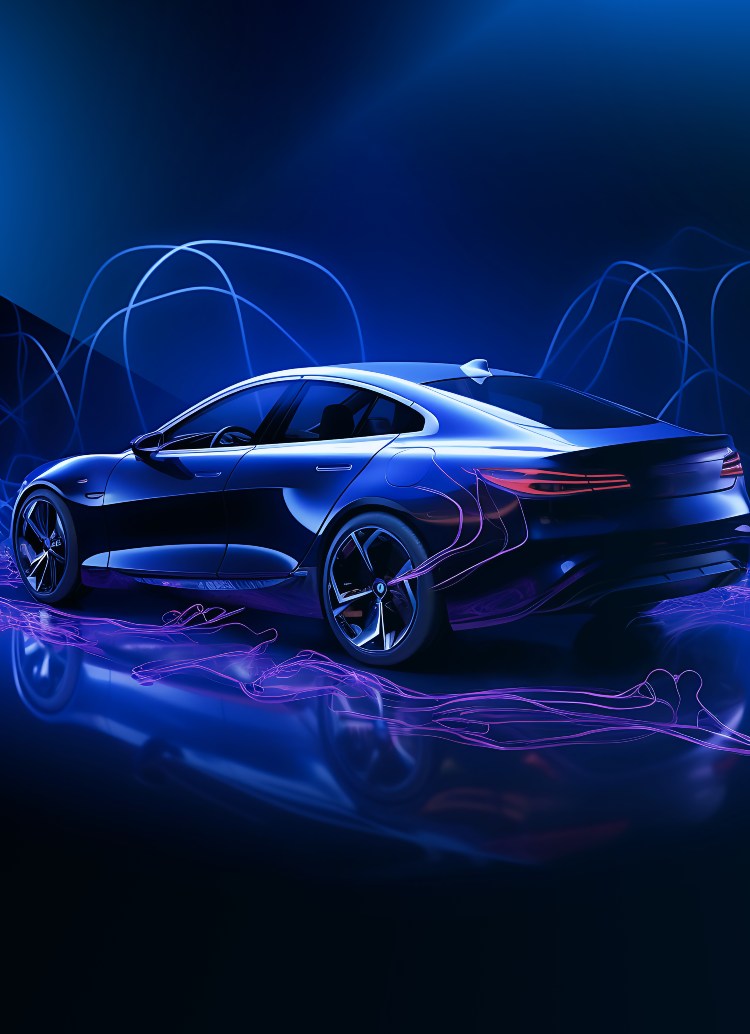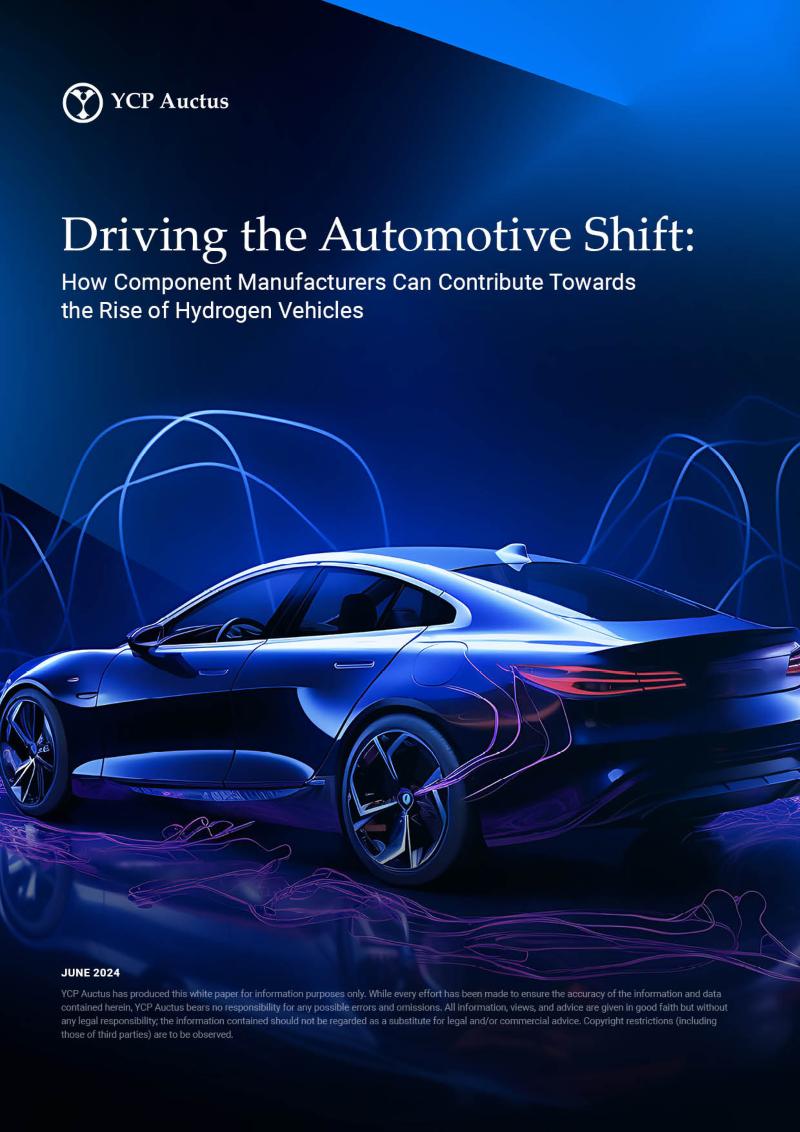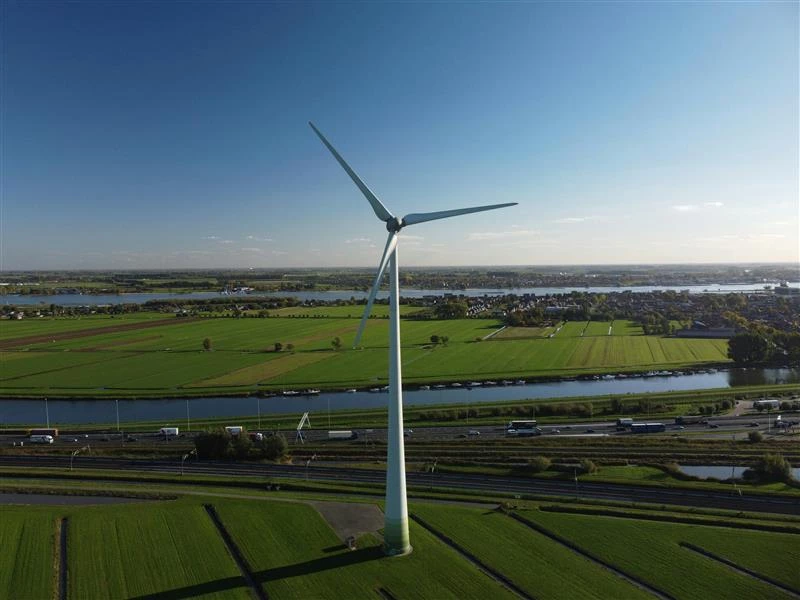In the global automotive industry, gasoline-based vehicles have long been the primary option for most consumers, far surpassing other available alternatives, such as battery-operated electric vehicles (BEVs).
While initially slow, the adoption of BEVs has significantly increased in recent years due to its comparatively low carbon footprint and the public sector’s focus on achieving climate action goals. However, BEVs do not eliminate emissions completely, as the production and disposal of these vehicles create some level of environmental harm when performed incorrectly. This has created an opportunity for hydrogen fuel cell vehicles (HFCVs) to complement BEVs, further propelling the green revolution in the global automotive landscape.
Support from governments and leading OEMs will drive the adoption of HFCVs, creating a rapidly growing market for the automotive components required to make HFCVs and refueling products to complement their deployment. Automotive component manufacturers venturing into this space in the next few years will be able to capture the benefits of being an early entrant.
The Current State of the Global HFCV Market
In 2024, the global HFCV market is estimated to have reached a total value of USD 23 billion and is expected to increase to USD 353 billion by 2034 at a 28.3% CAGR. While the Asia-Pacific region saw a downward trend in HFCV adoption, China is still in a promising position to capitalize. In 2023, China’s HFCV market share grew significantly to 38%, overtaking Japan for the largest share in the APAC region.
Moreover, China's adoption rates are growing due to an increase in commercial vehicle sales. For instance, Chinese hydrogen truck maker Foton experienced an 81.1% year-over-year (YoY) growth from 2022 to 2023.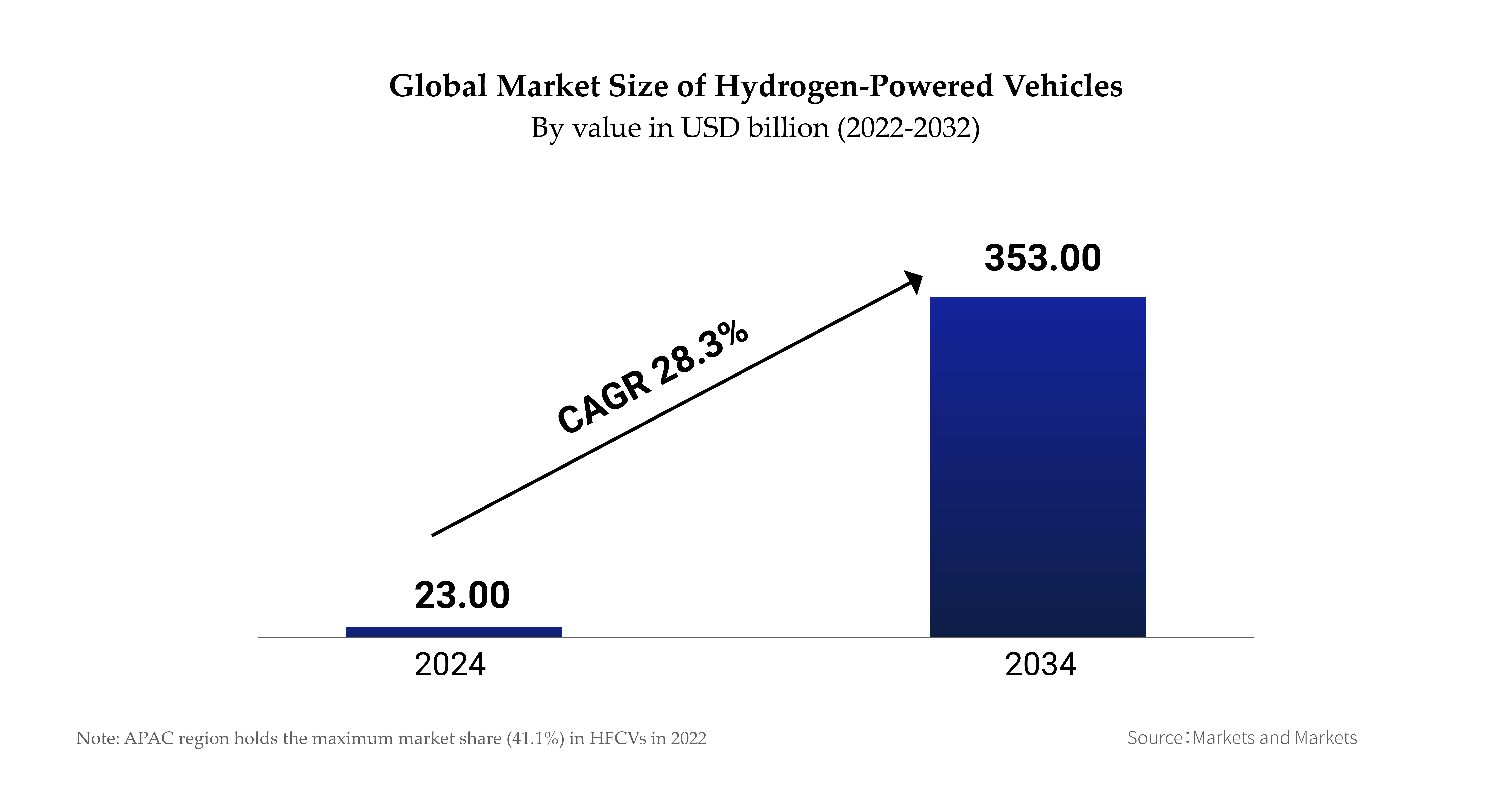
- Net zero commitments: Governments worldwide are banking on hydrogen fuel to achieve carbon neutrality by 2050. Key initiatives that support hydrogen vehicle manufacturers include the formation of the Hydrogen Economy Committee and the Korean New Deal (to strengthen climate action and realize a green economy) by the Korean government.
- Environmental awareness: The BEV boom has significantly heightened global awareness regarding the environmental impact of traditional fossil fuel vehicles. Consequently, individuals are increasingly motivated to research and choose environmentally sustainable modes of transportation consciously.
- Increasing advocacy for HFCVs: Leading players like Toyota, Honda, and Daimler, as well as governments worldwide, are advocating for the adoption of hydrogen vehicles. They are increasing awareness, investing in R&D and infrastructure, and partnering with various bodies worldwide to accelerate it.
Download our free white paper to learn more about the latest developments in the HFCV market and how automotive component manufacturers can harness the growing industry’s momentum.
Author
Pavan Kumar Madamsetty
Pavan is our New Delhi-based Partner with renowned successful experiences in assisting Fortune 500 companies throughout the industries to success.
Recent White Paper
See All